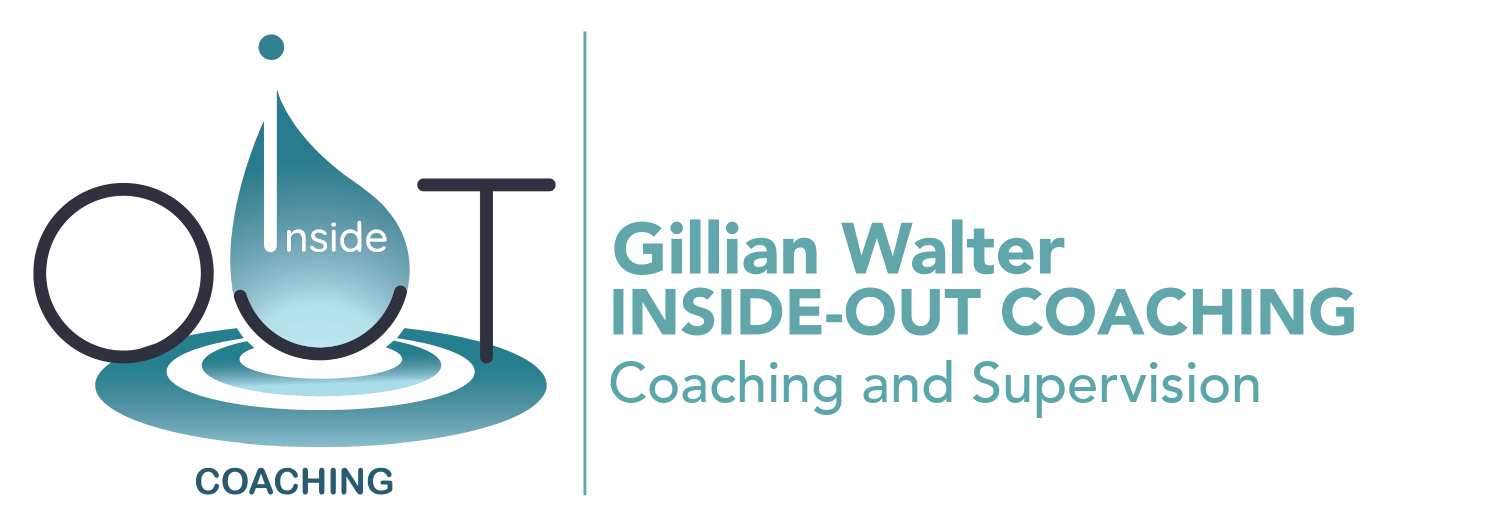
Holding Space: The Art of Supporting Clients (and Ourselves) Through Emotional Challenges
Feat. Indie, the Mini Schnauzer with the Best BS Detector in the Business
Let’s be honest—coaches may be skilled at holding space for others, but when it comes to our own inner critics? Oh, they have a VIP seat in our minds, shouting unhelpful commentary like:
💬 “You should know better!”
💬 “That was a terrible question!”
💬 “Are you even making a difference?”
It turns out, we ALL have inner critics—or, as I like to call them, Party Poopers. These voices are often old safety mechanisms, designed to keep us from embarrassment, failure, or stepping outside our comfort zone. The problem? They’re not very discerning. They’ll try to block risks, even when growth is on the other side.
Indie, my Mini Schnauzer and part-time coaching assistant, has a sixth sense for these Party Poopers. He listens patiently in sessions, but if a client says something that sounds like self-sabotage, he’ll tilt his head or suddenly sit up, as if to say:
“Hmm… are you sure that’s true?”
If only we all had an Indie to call out our limiting beliefs. Since we don’t, let’s talk about a tool that helps coaches and clients alike put their inner critics in their place.
Meet, Greet, and Pin Your Party Poopers
The Science Behind Inner Critics
Neuroscience tells us that self-criticism activates the amygdala, triggering a stress response. This is the same part of the brain that reacts to real danger—which is why imposter syndrome can feel like an actual threat to our survival.
One of the most powerful ways to quiet these voices is cognitive distancing—creating separation between you and the thought itself. Research in psychology shows that shifting from “I am useless” to “I notice that my Party Pooper is telling me I can’t do this” reduces emotional intensity. It moves the thought from identity (“I am”) to observation (“I notice”), allowing for greater objectivity and self-compassion.
How to Use the ‘Pin Your Party Poopers’ Tool
1️⃣ Listen for the loudest Party Pooper—the belief that’s holding you (or your client) back.
→ Example: “I don’t deserve to charge more for my coaching.”
→ Try shifting to: “I notice that my Party Pooper is telling me I can’t charge more, because it wants to keep me safe from rejection.”
2️⃣ Notice where it shows up in your body.
→ Do your shoulders tense? Does your breathing change?
3️⃣ Draw it. Seriously.
→ Use a sticky note and your non-dominant hand (this stops perfectionism from getting in the way). Give it a face, a name—whatever helps bring it to light.
4️⃣ Find a safe place to ‘pin’ your Party Pooper.
→ Keep it somewhere visible, but not too distracting—you want to acknowledge it, not let it run the show.
5️⃣ Plan for its next escape attempt.
→ How will you recognise if it sneaks back in? What’s your ‘antidote’ (humour, self-compassion, proof of success)?
Using This With Clients
Coaching is about creating space for exploration, and sometimes our clients need permission to meet their own Party Poopers. Try this tool when you notice:
✅ Clients looping in self-doubt
✅ A fear of taking action despite clear motivation
✅ Emotional signals like tension, avoidance, or frustration
By making these voices visible and manageable, clients can stop letting their inner critics drive the bus.
Final Thought (Indie’s Wisdom 🐾)
If Indie could coach, he’d remind us:
✨ Not every thought is a fact.
✨ Self-compassion quiets the noise.
✨ Sometimes, a walk in the woods helps shake things off.
The good news? You are not your inner critic. And neither are your clients. The next time a Party Pooper pops up, pin it, name it, and take back the mic.
💡 Want more tools to help clients navigate emotions in coaching conversations? Explore the ACADEMY’s self-coaching resources—so you can hold space with confidence.
Discover More in the ACADEMY

